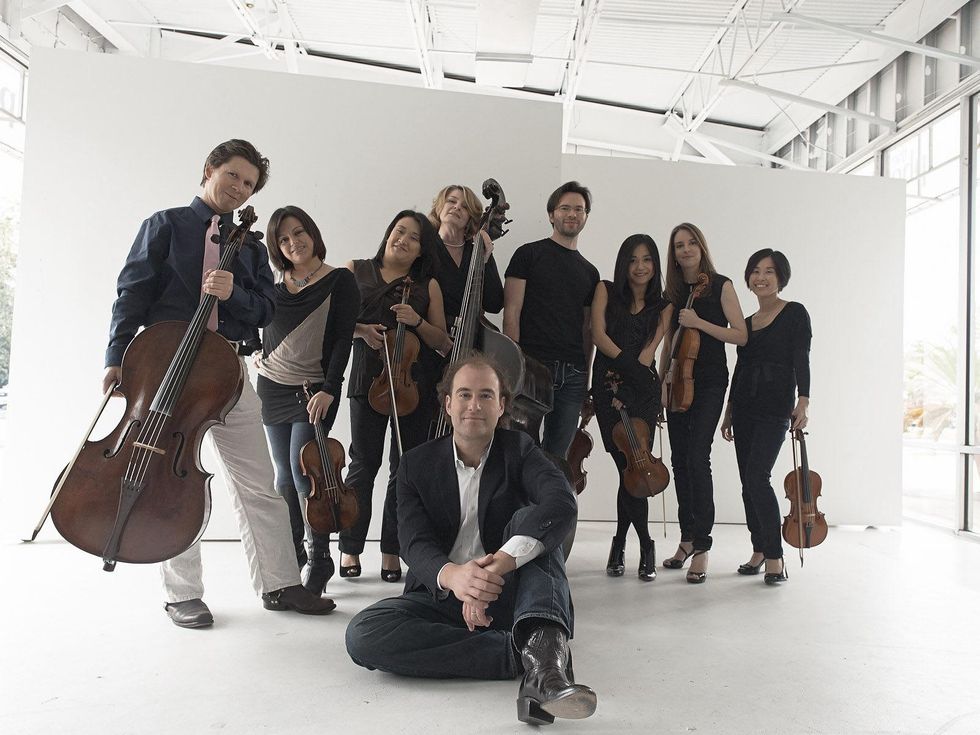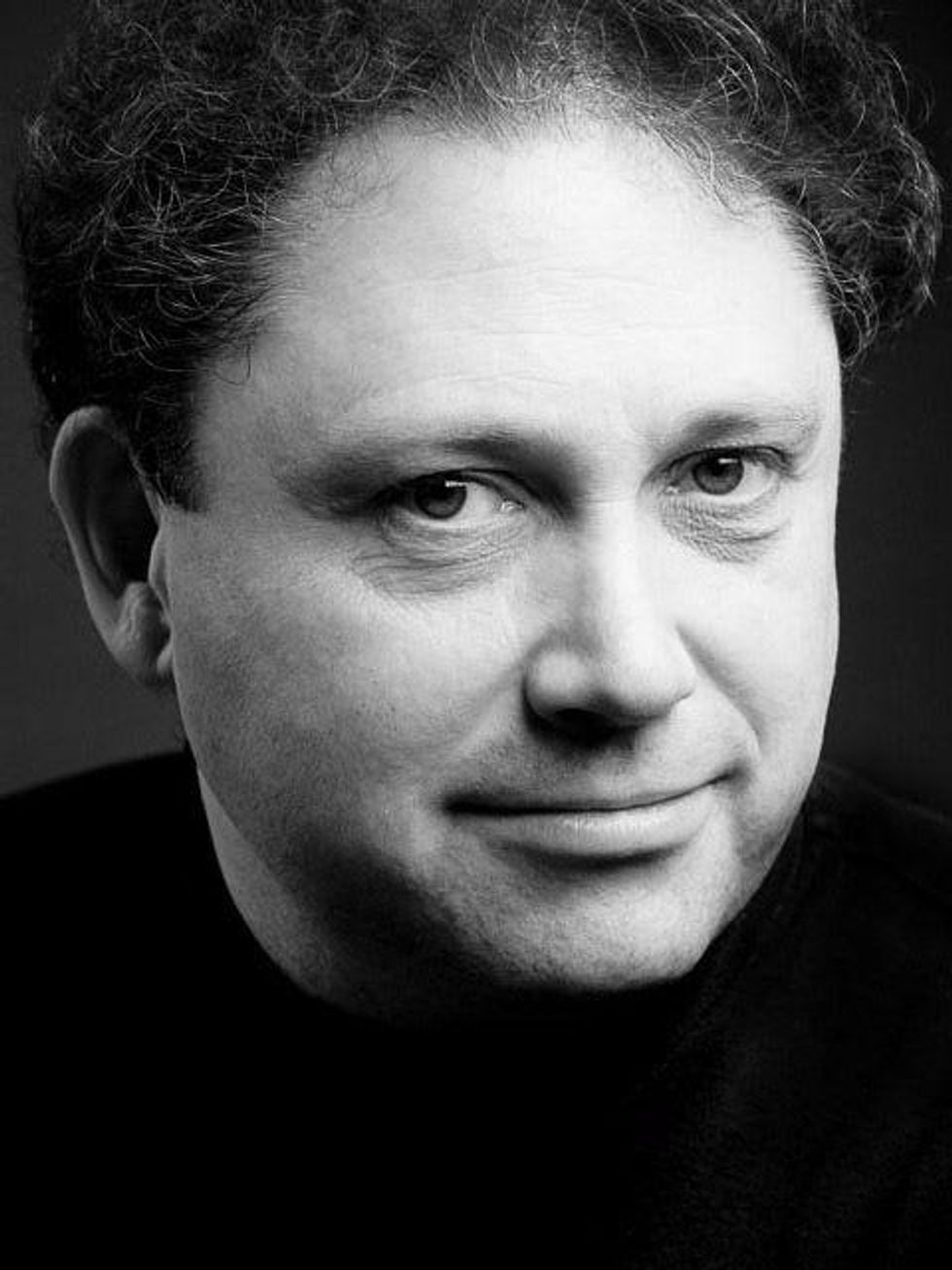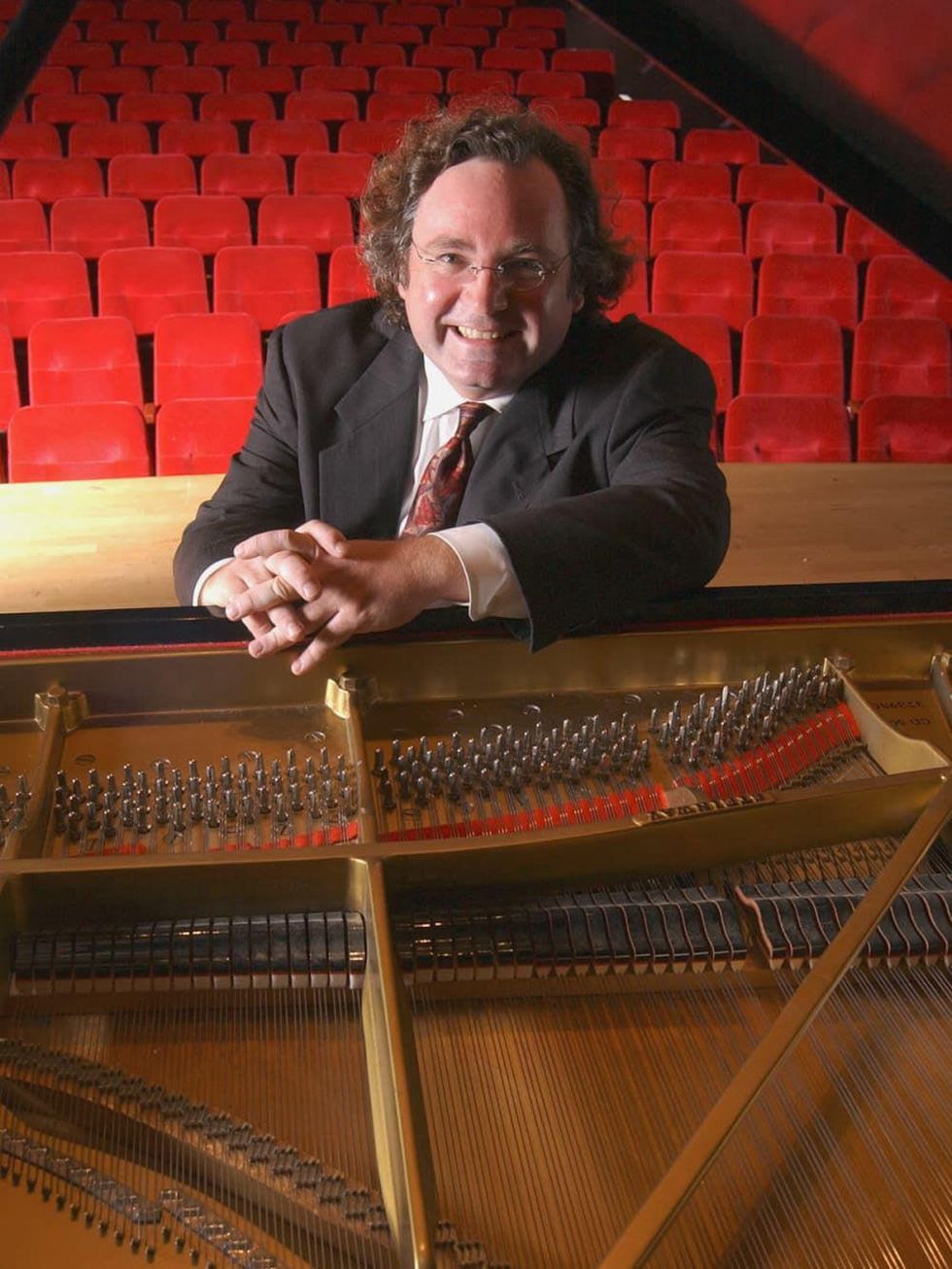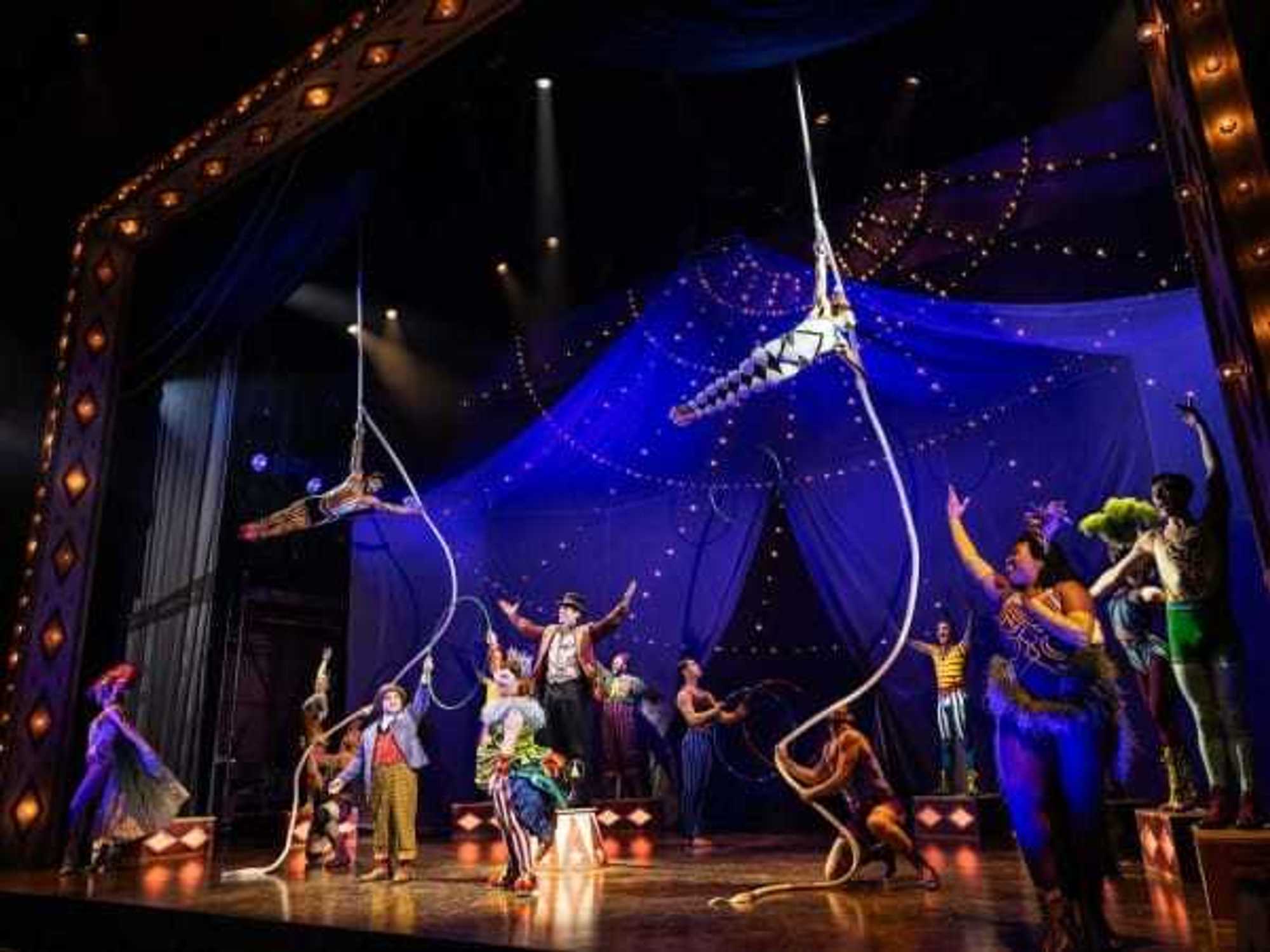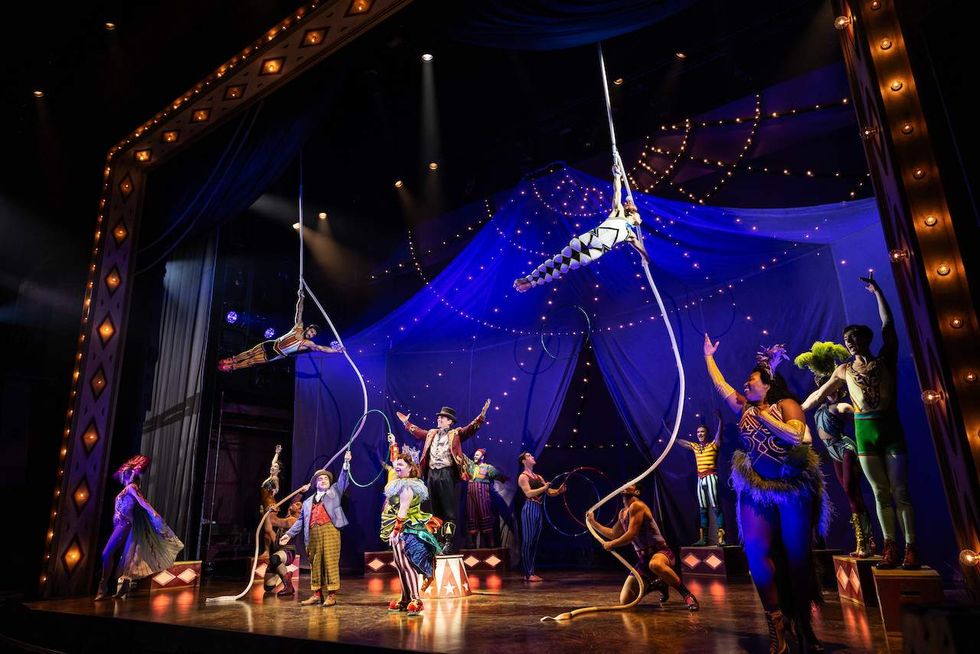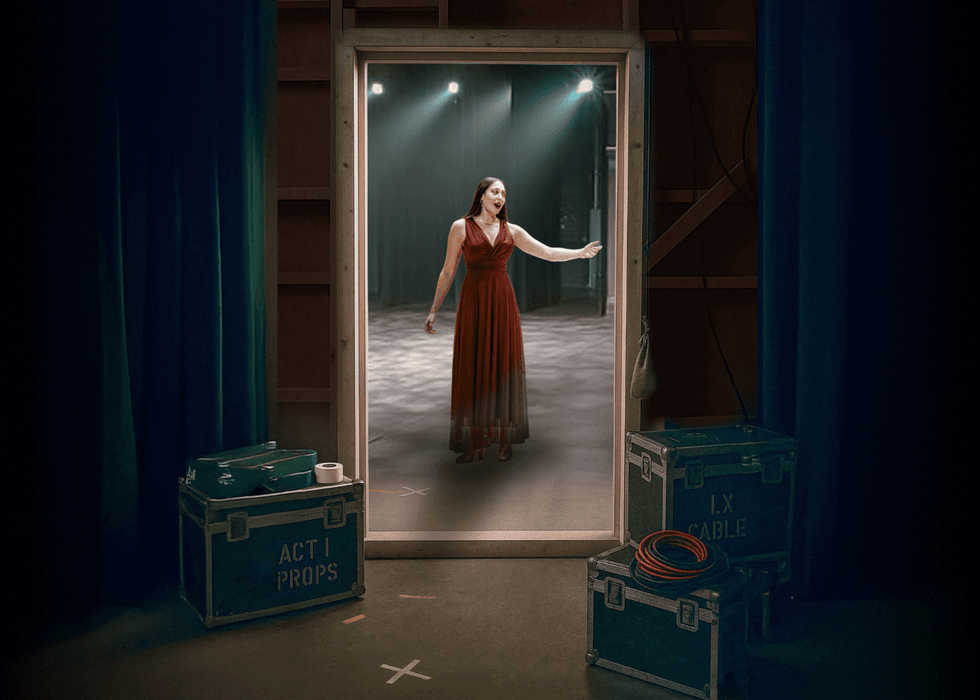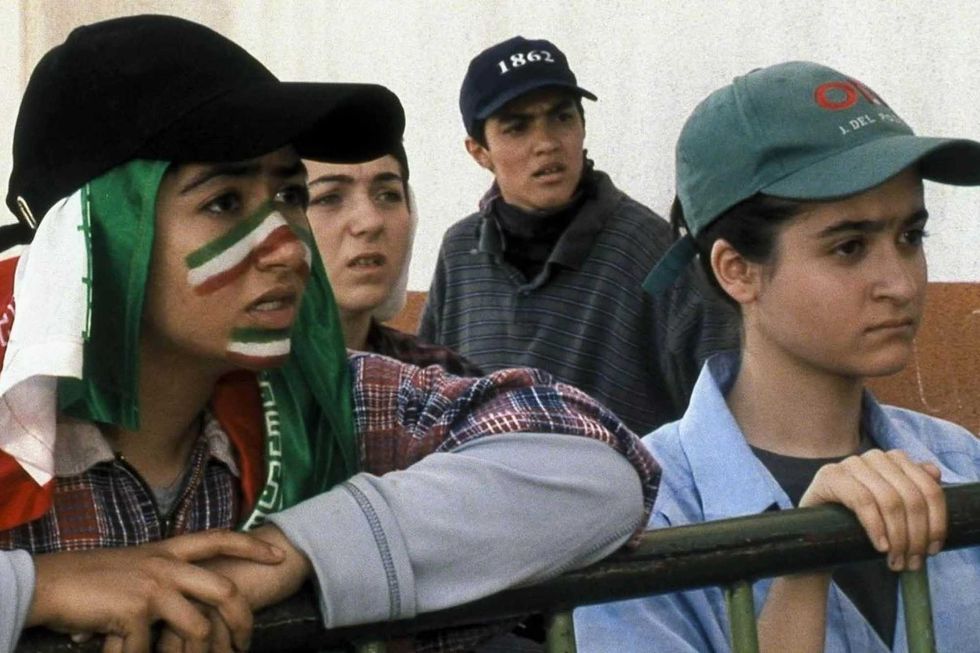Now that the arctic blast has finished with us, several events that were cancelled last weekend – Gallery Sonja Roesch’s 35th anniversary show, a dual opening at Foltz Fine Art, Asia Society Texas’s Kawaii Market – have been rescheduled for this weekend.
As for the scheduled events this weekend, there’s an “autoboative” show, a screening of a sci-fi classic with live musical accompaniment, an all-star show for autograph collectors, a fashion competition at the Museum of Fine Arts, Houston, and the return of Houston's noisiest music festival.
Thursday, January 29
Houston Autoboative Show
It’s the 42nd Houston Auto Show at NRG Park this weekend, which is also combined (for its third year) with the Houston Boat Show. The event showcases a diverse array of vehicles, from electric cars to trucks and sedans. It also offers a fantastic opportunity to get up close and personal with the hottest models on the market and learn from brand experts about each vehicle/vessel without the pressure of being sold to. 11 am (10 am Saturday and Sunday).
Asia Society Texas presents Offside
Asia Society Texas will kick off the World Cup with Offside, a 2006 dramedy from Iranian filmmaker Jafar Panahi. (It’s also part of this year’s Festival of Films from Iran.) Set during a World Cup qualifying match between Iran and Bahrain, the film follows a group of young women who attempt to circumvent a ban on women attending sporting events by disguising themselves as men to enter the stadium and watch the game, leading to a series of increasingly absurd situations. 7 pm.
Performing Arts Houston presents Blade Runner Live
Ridley Scott’s stylish, 1982 noir classic Blade Runner (aka the 2007 Final Cut) will screen while Vangelis’ synthesizer-led cult score is performed live by The Avex Ensemble. In this futuristic hriller, detective Rick Deckard (Harrison Ford) must continue as Replicant Hunter following the escape of four Replicants (including main baddie Rutger Hauer – RIP) from colonies who’ve returned to earth. His mission, however, is complicated when he falls for Rachel (Sean Young), a Replicant based at the Tyrell Corporation. 7:30 pm.
Friday, January 30
TRISTAR Houston Collectors Show
For three days, a lot of stars will be flocking to the NRG Arena in order to give Houstonians their signature. Along with lots of sports memorabilia for sale, the 40th Annual TRISTAR Houston Collectors Show will have tons of celebs signing autographs. Just on Saturday alone, we’ll get Karate Kid/Cobra Kai castmates Ralph Macchio, William Zabka, and Martin Kove; the cast of The Sandlot, Charlie Sheen, Tom Berenger, Dennis Rodman, former Rockets coach Rudy Tomjanovich, former Rockets player Elvin Hayes, and Houston’s own Randy Quaid. 2 pm (10 am Saturday and Sunday).
The Hobby Center presents Houston Is Inspired - [Jk]creativ: Our Road Home
Multidisciplinary company [Jk]creativ gives us Our Road Home, an interactive rhythmic production created and directed by native Houston artist Jakari Sherman. Through layered rhythmic storytelling - spoken, rapped, preached, and sung - the work honors the communal labor and ingenuity that built spaces of freedom across time. Inspired by the legacy of Houston’s Freedmen’s Town, the work asks: Once freedom is gained, how do we live in it, preserve it, and pass it on when the pull of bondage lingers near?
MFAH and HCC present Fashion Fusion X
Frida Kahlo meets contemporary couture in Fashion Fusion, the 10th edition of the annual fashion competition at the Museum of Fine Arts, Houston. Open to aspiring designers in the Fashion Design program at Houston City College, Fusion challenges students to create original garments in response to art on display in the museum’s galleries. This year, the aspiring designers will showcase garments addressing the exhibition, "Frida: The Making of an Icon." 7 pm.
Memorial Hermann Broadway at the Hobby Center presents Water for Elephants
After losing what matters most, a young man jumps a moving train, unsure of where the road will take him. He finds a new home with the remarkable crew of a traveling circus, and a life - and love - beyond his wildest dreams. Seen through the eyes of his older self, his adventure becomes a poignant reminder that if you choose the ride, life can begin again at any age. 7:30 pm (2 and 7:30 pm Saturday; 1:30 and 7 pm Sunday).
Saturday, January 31
The List One Year Anniversary
East End creative space The List will be celebrating its first anniversary with a bevy of weekend events, with two going down on Saturday. The day starts off with the return of the Vinyl & Furniture Garden Market, curated by local DJ vet Malcolm Bravo, over at the List Cafe. Bravo and other DJs will be spinning tunes as stores and vendors will be open for business. Later that evening, DJ/TikToker Sheri Koko will be working the turntables, along with some special-guest pals, at Room808. 11 am and 9 pm.
Burger Bodega present For the Culture
Chef and restaurateur Abbas Dhanani is taking a break from burgers to pay homage to his Pakistani heritage by partnering with the PX Project for a one-day only pop-up. Working with his mother and his aunt, the four-item menu showcases some favorite childhood dishes, including Nihari, slow-braised, spiced beef stew with naan; Hina Khala's Chicken Biryani, fragrant basmati rice layered with boneless chicken; the Chicken Sixty-Five Po' Boy; and a mango lassi sundae with a cardamom snickerdoodle cookie.
Photo by Matthew Murphy
Broadway at the Hobby Center presents Water for Elephants.
Seven Sisters presents Ping Zheng: Soft Interference opening reception
Soft Interference presents a new series of oil-stick works on paper by Ping Zheng, following her 2024 exhibition Nature’s Canopy at Seven Sisters. In these works, Zheng continues her investigation of landscape as a site of perception and interiority. Through repeated mark-making and shifting chromatic fields, she constructs images that hover between observed nature and remembered experience. Through Saturday, February 28. 2 pm.
MGEntertainment presents The 5th Annual Harsh Noise Houston
Believe it or not, there’s a heavy experimental-music scene here in H-Town. This weekend, you have the opportunity to see a lot of the scene’s most valuable players over at Super Happy Fun Land, where the fifth annual Harsh Noise Houston fest will be going down. 13 acts, representing some of the best experimental music, performance art, and noise that Texas has to offer, will be performing, including HauntedPixel, Ether Research, Astrogenic Hallucinating, and Psychosomatic’s sister project Del Norte. 7 pm.
Rice Cinema presents American Sons
Film producer and Rice alum Elizabeth Avellán presents American Sons, a documentary using first-hand footage captured by fallen Marine Cpl. Jorge “JV” Villarreal, a native of San Antonio. The film focuses on a brotherhood of U.S. Marines a decade after their Afghanistan deployment, focusing on their struggle with combat trauma, PTSD, and reintegration, especially after losing their friend Villarreal. Avellan and director Andrew James Gonzales will be around for a post-screening Q&A. 7 pm.
Sunday, February 1
ReelAbilities Houston presents ReelArt For All
The ReelAbilities Houston Film & Arts Festival’s ReelArt For All program will feature art and interactive activities, brunchy bites, and more. Guests can see the world through the eyes of artists from Celebration Company, an entrepreneurial employment program for adults with disabilities, and explore the works of featured artist Emmett Kyoshi Wilson. A Chicago-based artist living with Down syndrome, Wilson has created over 150 works, exhibited in five galleries, and even painted the American Flag for the U.S. Embassy in Croatia. 10:30 am.
Shepherd School of Music presents Inside Look: Modern American Operas
The Shepherd School of Music at Rice University will present a deconstructed look at two full-length American comic operas: Karim Al-Zand’s 50th anniversary commission A Joint Interest and William Bolcom’s Lucrezia. Aleko Endowed Artist Paul Curran guides audiences through these mischievous and delightfully theatrical worlds. Shepherd School Chamber Players will accompany both contemporary operas from the pit, led by Miguel Harth-Bedoya. Bolcom's Lucrezia contains adult content and is not suitable for all audiences. 2 pm.
Cultural Center Our Texas presents Popovich Comedy Pet Theater
The World Famous Popovich Comedy Pet Theater is a family-oriented blend of the unique comedy and juggling skills of Gregory Popovich, and the talents of his furry costars. There are more than 30 pets (dogs, cats, horses, birds, etc.) in the show, and each one has been rescued from animal shelters and given a new leash on life. Bad pun aside, this show will be a joy for viewers of all ages. 4 pm.
